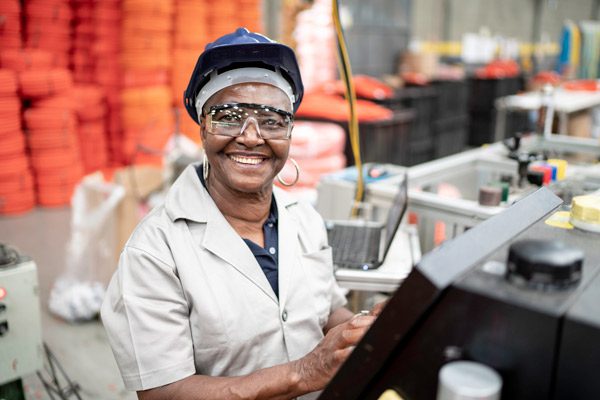In light of our pressing need to combat climate change, we’re all asking ourselves: What can we do to lighten our environmental footprint?
Should we drive less/walk more? Turn the thermostat up/down? Change our diet/shopping habits?
America’s Plastic Makers are asking the same type of questions.

One of the many answers is: Recycle more. Recycle a lot more. Fortunately, some new-ish technologies can help.
Advanced recycling technologies can break down used plastics into their raw materials to be remade into brand new plastic. Again and again, in a circular loop. These technologies can help tackle the 90% of plastic that isn’t recycled today.
Since this endeavor is just starting to take off, it makes sense to take a good hard look at these technologies to make sure they contribute to sustainability, to a lighter environment footprint.
Turns out they do, based on recent scientific studies.
Check here and here for info on how plastic stacks up to other materials sustainability-wise.
Researchers took a look at 13 “life cycle assessment” studies on advanced recycling technologies published since 2020. And their findings are really encouraging.

Compared to making plastic and burying it in a landfill, advanced technologies can reduce the use of fossil energy by up to 97%. Wow.
Compared to landfilling or burning used plastic (unfortunately, that’s what typically happens to it today), advanced technologies reduce greenhouse gas emissions by more than 100%. Wow.
(More than 100% sounds odd, but it’s due to credits earned from avoided products and/or energy, which is a standard way to calculate.)
In short, the researchers found that using advanced recycling technologies to make new plastic out of used plastic reduces global warming potential compared to using fossil resources.
They also found that these technologies contribute to circularity for plastic. More on that topic here.
The researchers determined that not every permutation of advanced recycling will always hit an environmental homerun. That’s why it’s important to look at these innovative technologies closely and tweak the inputs/process/outputs to ensure we get maximum environmental benefit.
Regardless, based on this current info, it’s clear that advanced plastics recycling is one of many answers to the question above: What can we do to lighten our environmental footprint?
Learn more about the researchers’ findings here and read their report here.

